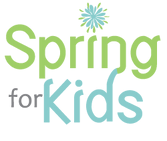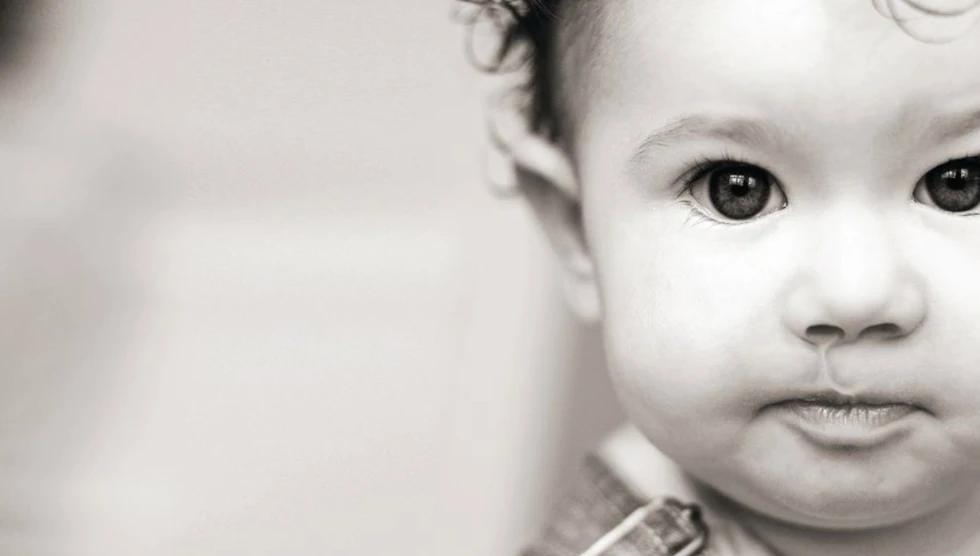
Spring for Kids Foundation
Supports Cleft & Craniofacial Patients
Spring for Kids is a Canadian non-profit organization that supports children with cleft and craniofacial disorders by providing funding for education, research, surgical missions and the continued care of patients and their families.
Vision
To improve the quality of life and care for people with cleft and craniofacial disorders by supporting their development into productive citizens who can contribute to the social and economic growth of our communities.
Mission
To support patients with cleft and craniofacial disorders by providing funding for education, research, surgical missions and the medical treatment.

Our Story
Spring for Kids was originally started in 2009 as a non-profit committee by Vancouver orthodontist, Dr. Angelina Loo. The committee wanted to support the needs of children with cleft and craniofacial differences by raising $100,000 for the Cleft Palate and Craniofacial Fund at BC Children’s Hospital. With this goal in mind, the committee launched its first fund-raiser in January 2010. This ambitious, grass-roots campaign raffled tickets to premier events at the Vancouver 2010 Olympic Games to raise almost $128,000 in less than two months. Encouraged and inspired by the overwhelming support by the community, Dr. Loo founded the Spring for Kids Foundation in 2011 to provide ongoing assistance for individuals with cleft and craniofacial differences.
In the winter/spring of 2011, Spring for Kids successfully competed against more than 80 ideas for a $100,000 grant in Cycle 5 of the Pepsi Refresh Project. Proceeds from the Spring for Kids Foundation fundraising efforts continue to support university-based research projects that focus on the cleft condition.
The outcome of one of these projects has helped develop the CitraRinse oral rinse to improve the oral health of cleft and non-cleft patients alike. All proceeds from the sale of CitraRinse are donated to the Spring for Kids Foundation.
To date, Spring for Kids has raised more than $250,000 for people with cleft and craniofacial differences.